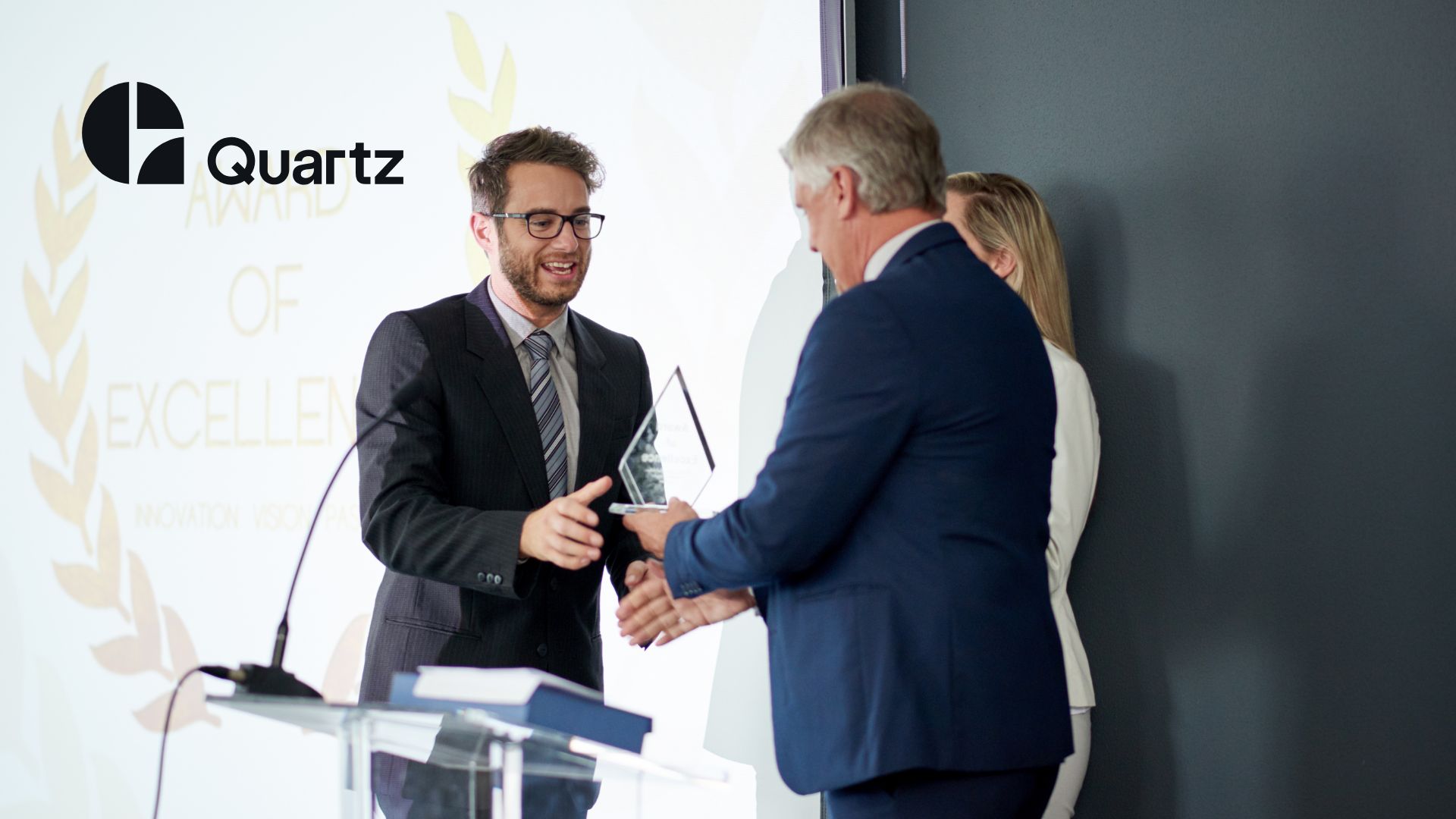Why Recognition Beats Money Every Time
August 19, 2025
Company Culture

Two software teams face identical deadlines.
Team Alpha chases a $5,000 bonus. They burn through weekends and skip quality checks to hit their target. The money hits their accounts. By Monday, everyone returns to baseline effort.
Team Beta receives no financial incentive. Instead, their manager shares customer emails describing how the previous product transformed small businesses. Weekly meetings spotlight breakthrough solutions from team members. Individual innovations get genuine appreciation from leadership. They meet the deadline with superior code while already planning the next iteration.
One team was purchased. The other was awakened.
Money Creates Temporary Highs
Companies reflexively reach for financial levers when motivation drops. Bonuses feel logical. Hit targets, get rewards. But this approach follows the same pattern as addiction.
What excited people last year becomes expected baseline compensation this year. You need progressively larger amounts to generate the same enthusiasm. The psychological bar keeps rising.
External rewards can actually destroy internal motivation. People who naturally enjoy solving complex problems start focusing on the paycheck instead of the satisfaction. Wells Fargo’s fake account scandal demonstrates this corruption perfectly. Aggressive sales targets transformed ethical employees into rule violators.
Individual incentives poison collaboration. Innovation requires collective intelligence, but personal rewards encourage information hoarding and competitive behaviour. Teams fracture when members chase separate goals.
Modern work demands creativity, synthesis, and collaborative problem-solving. Financial motivation undermines these exact capabilities.
Three Psychological Needs Money Cannot Touch
Recognition operates through entirely different mechanisms. Rather than creating conditional exchanges, it illuminates the inherent value of contribution.
People need to feel competent. When a manager observes, “Your crisis response converted potential disaster into client confidence,” something powerful happens. The feedback builds both capability and clarity about effective behaviour.
Autonomy matters deeply to human motivation. Highlighting innovative approaches or self-directed problem-solving reinforces personal agency rather than mere task compliance. People need to feel ownership over their work methods.
Purpose integration connects individual contributions to meaningful impact. Showing how someone’s code helped a struggling business or how their design improved user experience transforms routine tasks into purposeful work.
Companies mastering appreciation create psychological safety. People feel secure proposing bold ideas, taking calculated risks, and pushing boundaries. This safety enables the experimentation essential for breakthrough thinking.
Building Systematic Recognition
Effective appreciation requires intentional design rather than random gratitude.
Timing proves critical. Acknowledge contributions within 24-48 hours while the emotional connection remains strong. Delayed recognition loses both impact and instructional value.
Specificity transforms generic praise into developmental feedback. “Your opening narrative about the manufacturing challenge immediately focused everyone’s attention and set up the technical solution perfectly.” This teaches what excellence looks like while making appreciation feel authentic.
Channel variety serves different psychological needs. Public recognition amplifies impact and reinforces organisational values. Private appreciation builds individual trust and connection. Understanding when to use each approach requires reading both personal preferences and cultural context.
Peer recognition systems democratize appreciation beyond hierarchical structures. Simple platforms facilitate this cultural evolution by making gratitude everyone’s responsibility, not just management privilege.
Connect recognition to organisational values. “Your persistence in solving that technical challenge exemplifies our commitment to excellence.” This strengthens the cultural foundation while celebrating individual contributions.
Developing Appreciation Skills
Leaders function as motivational architects, creating environments where recognition flows naturally.
Begin team meetings with contribution highlights. Use handwritten notes for specific achievements. Transform one-on-one sessions into conversations exploring what energises each person. These practices create consistent recognition rhythms.
Share customer success stories showcasing employee efforts. Connect project achievements to organisational mission advancement. Weave individual contributions into company narratives that add meaning beyond job descriptions.
Authentic appreciation sets the tone for others to express gratitude openly rather than viewing it as mere courtesy. This modelling effect spreads throughout organisations, establishing recognition as a core cultural practice.
Measurable Performance Impact
Organisations prioritising appreciation achieve different outcomes across performance dimensions that matter for sustainable success.
Engagement remains elevated rather than spiking and crashing like incentive-driven motivation. Employees receiving consistent recognition report significantly higher engagement than those receiving sporadic acknowledgement.
This sustained engagement catalyses innovation in ways financial incentives cannot. When people feel valued for thinking processes rather than just successful outcomes, they propose bolder ideas and experiment with novel approaches.
Retention improves naturally when employees feel genuinely seen and valued. The primary driver of organisational departure is feeling unappreciated, not compensation inadequacy. Recognition addresses this core need directly.
Customer experiences reflect internal dynamics. Appreciated employees deliver superior service because they feel personally invested in organisational success rather than merely completing assigned duties.
What This Means for You
Fair compensation remains foundational. People need appropriate pay. But salary attracts talent while appreciation unleashes potential.
Recognition costs nothing yet creates engagement, loyalty, innovation, and sustained excellence. It transforms workplaces from transactional exchanges into purposeful communities where people contribute their finest thinking and creativity.
Start immediately. Identify a team member whose recent contribution created a meaningful impact. Deliver specific, timely appreciation connecting their action to tangible value. Notice their energy transformation. Observe how this spreads through your organisation, generating momentum that financial incentives alone could never produce.
Excellence emerges when appreciation becomes organisational oxygen. You cannot afford to ignore this opportunity.
